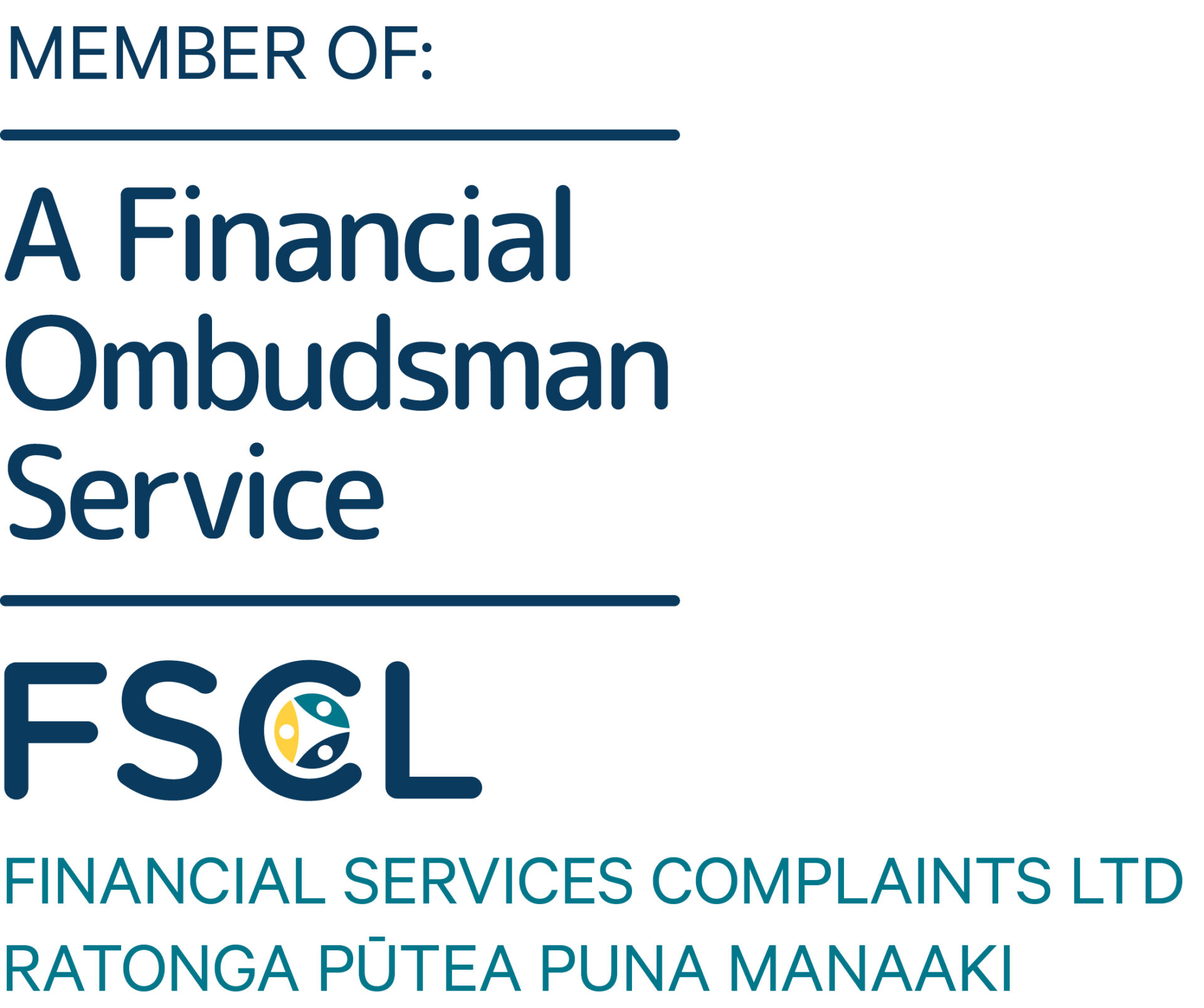Philanthropy at
Perpetual Guardian
Introduction
We’ve been helping philanthropists for over 100 years at Perpetual Guardian. And with that we’ve established a reputation for long-term planning, prudent management and specialist Trust administration.
We are very proud to be New Zealand’s pre-eminent provider of philanthropic services with a long history of structuring and honouring clients’ charitable intentions. With over 500 charitable entities under management, we have the pleasure of distributing in excess of $40 million into the community on behalf of our generous donors each year.
How “Charity” became “Philanthropy"
In its earliest form, the word philanthropy (from the Greek ‘philanthropia’) simply meant the love of mankind. Throughout the centuries this definition evolved, but human civilisation still depends on kindness directed towards strangers.
So, whilst charity focuses on reducing the immediate suffering caused by social problems, philanthropy aims to eliminate the social problems themselves.
Today we define philanthropy as the practice of organised and systemic giving to improve the quality of human life.
Giving is not new. Neither is charity. But the idea of using private funds imaginatively, constructively, and systematically to attack the fundamental problems of mankind is new and is what we call ‘philanthropy’ and what philanthropists are doing today.
When should Philanthropists give?
The desire to give comes from the heart, but the ability to make an ongoing difference comes from sound thinking and careful planning.
We have the expertise and experience to assist you in becoming more thoughtful and intentional in your giving so that your goals as a philanthropist can have a greater impact.
1. Giving during your lifetime
Giving during your lifetime requires inspiration, and if you want to make a real difference, you need to have a good strategy as well.
There is a range of charitable vehicles that can help you define, secure and, if needed, perpetuate your charitable intentions:
- If you wish to make large donations, a Charitable Trust structure may be your preferred solution. A Charitable Trust can have a limited lifespan or exist in perpetuity – both of these options can provide long-term support for the causes close to your heart.
- If you’re an everyday philanthropist, contributing to a Foundation, such as the Perpetual Guardian Foundation, may be more suitable. You can become part of a community of donors by contributing to a General Fund. Alternatively, you could create a Sub-Fund of your own, providing you with flexibility to determine where your funds are directed.
- You may also choose to make regular donations directly to charities of your choice. There are tax benefits for individuals and companies who make donations to organisations with approved donee status from the IRD.
- Give online directly to an individual, school, business or charity through Givealittle.
Giving during your lifetime allows you to be actively involved in developing your philanthropic legacy and participating in the benefits it provides. Your involvement can be as much, or little, as you want – you can have a hands-on approach to the management and granting process, or you can take a purely strategic role.
2. Giving after your lifetime
Giving during your lifetime leaves you with a small window of opportunity to be philanthropic. This may not be the best way to achieve your goals, especially if your vision is to build sustainable charitable organisations or effecting large-scale change.
That’s where leaving a gift to charities in your Will comes into play. There are three ways you can gift:
- A bequest/legacy of a fixed sum of money;
- A percentage of the net value of the residuary estate; or,
- A testamentary Charitable Trust.
By creating a testamentary Charitable Trust, you ensure your funds are distributed the way you want. You can appoint the beneficiaries by naming them in your Will or could provide guidance to a trusted adviser who makes sure the funds are applied appropriately.





